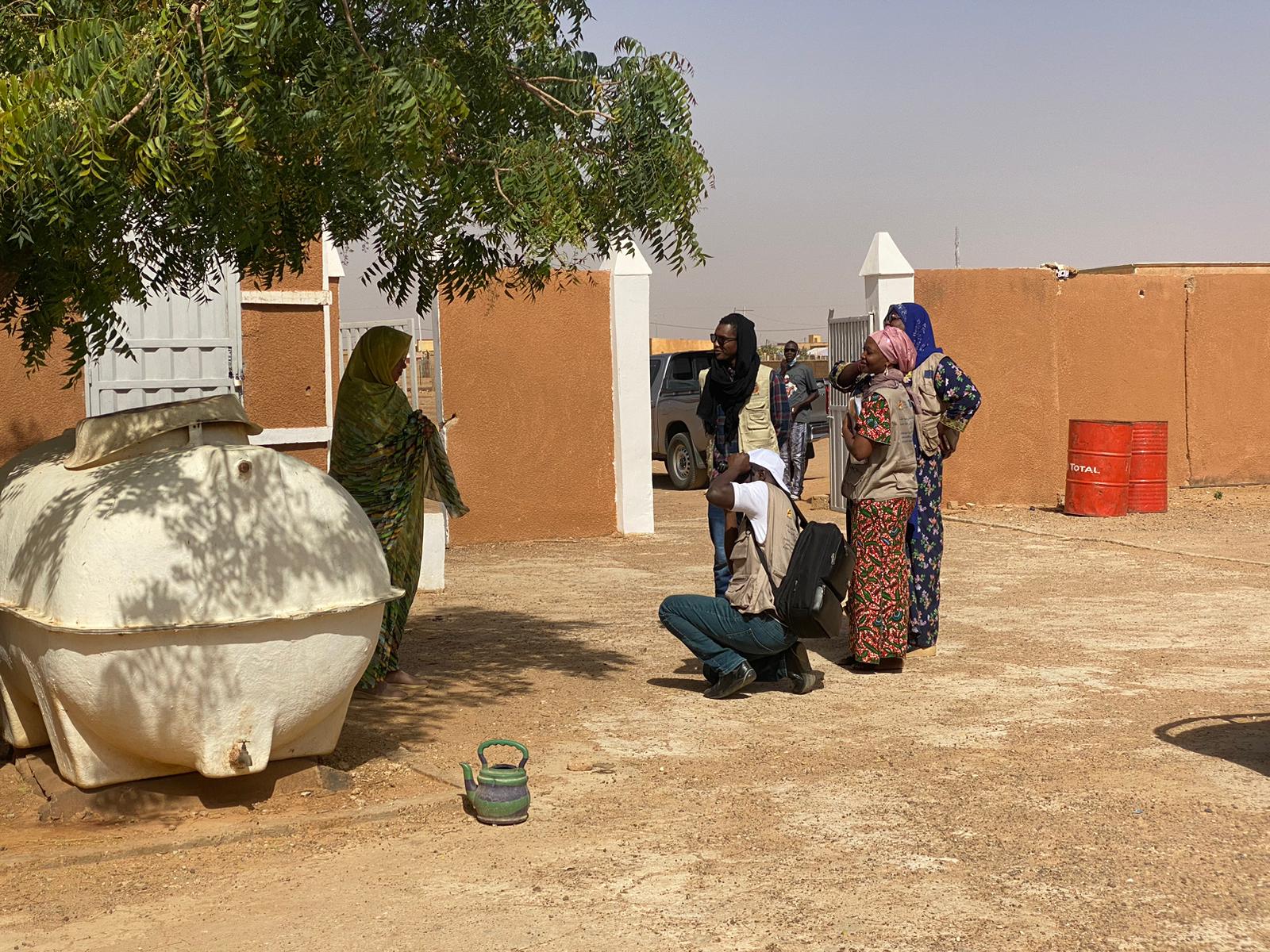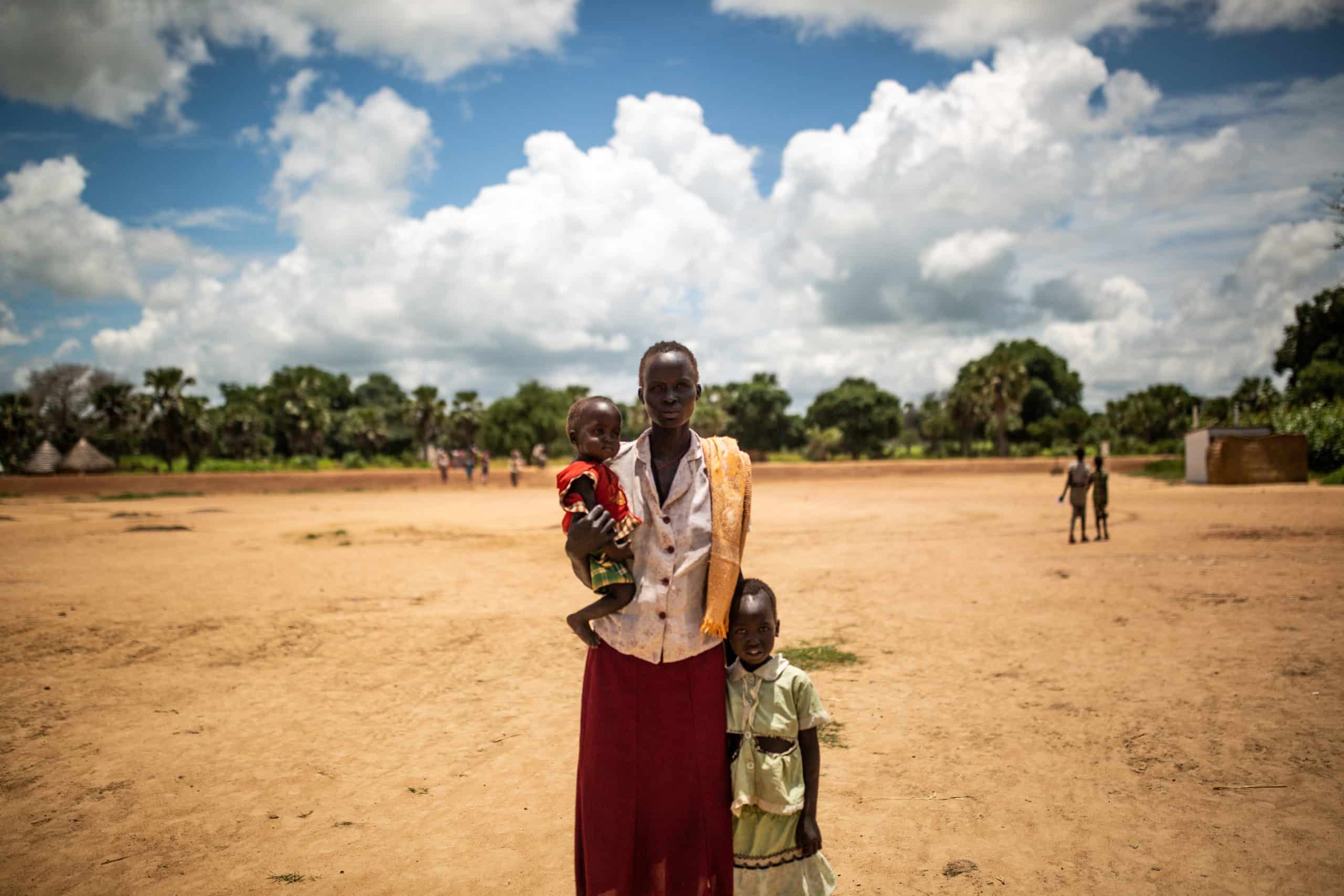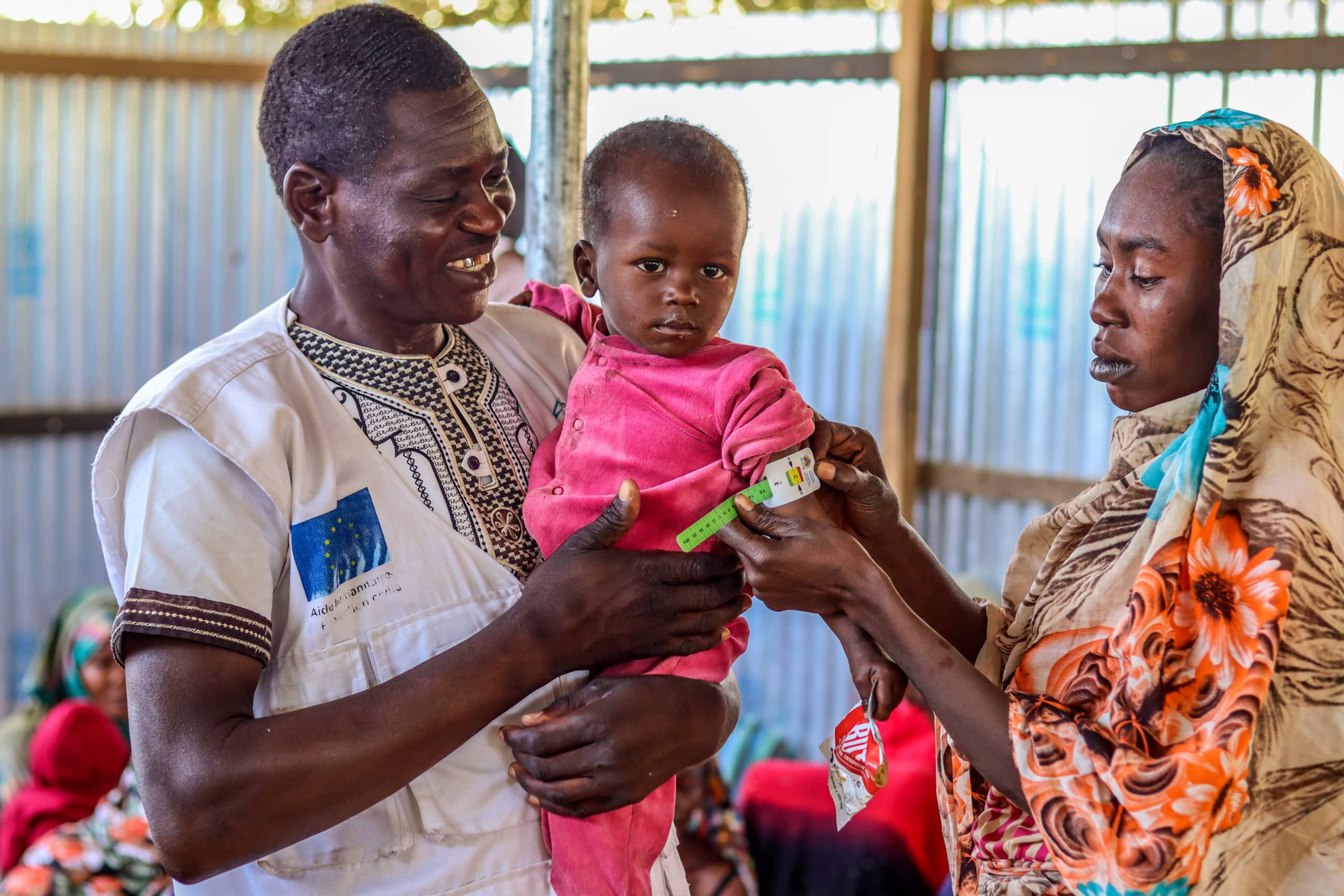First, because the disease continues to accelerate its spread, despite the drastic measures put in place extremely quickly by governments.
Over the past 3 weeks, Africa has seen a 50% increase in additional cases every week, showing that it is the region of the world where the epidemic is growing fastest. As of May 12, there were more than 66,000 confirmed cases and 2,366 deaths in African countries.
Analysis of the dynamics of this pandemic is made particularly difficult by the limited or non-existent means of testing outside the major cities, as well as low hospital capacity and attendance. Despite this, in the 12 countries where the ALIMA (The Alliance for International Medical Action) teams are intervening, the situation is deteriorating without anyone knowing, for the time being, whether and in what form there will or will not be an epidemic peak. In particular, no one knows what the epidemic will look like when it reaches confined and vulnerable places such as camps for displaced persons or refugees.
One of ALIMA’s priorities is to install 1,000 hospital beds with oxygen and adapted medical care in six countries in West and Central Africa (Burkina Faso, Senegal, Cameroon, Guinea, Nigeria and the Democratic Republic of the Congo).
Secondly, because many countries, particularly in West and Central Africa, are already experiencing humanitarian crises, which are likely to worsen because of the socio-economic crisis caused by the COVID-19.
Before the pandemic, some 44 million people were in need of humanitarian assistance in West and Central Africa. The slowdown in daily medical and humanitarian action will only aggravate this already dire situation.
For example, countries such as Chad and the Democratic Republic of the Congo, are facing the biggest measles outbreaks in their history. Access to essential drug treatments for malaria or HIV are at risk according to the World Health Organisation and could double mortality from these diseases in 2020. Food insecurity, which was expected to affect 19 million people in 2020 in West and Central Africa, could double because of COVID-19, according to the World Food Programme’s latest appeal. Severe acute malnutrition, which particularly affects sub-Saharan Africa, could have dramatic consequences for children under the age of five and the initial projection of 4 million cases is likely to surge in the coming months.
“The epidemic continues to grow in Africa and is, in fact, accelerating,” says Dr. Moumouni Kinda, ALIMA’s Director of Operations. “Compounding the structural difficulties and pre-existing humanitarian crises, the situation in the most fragile countries, particularly in West and Central Africa, requires an unprecedented effort to avoid a double health catastrophe.”
Maintaining mobilization
While there are undeniably reassuring signs regarding the rate of spread of the virus in Africa, compared to the more pessimistic scenario that was initially envisaged, the risk factors, both direct and indirect, and the increase in the number of confirmed cases requires us to maintain a strong mobilization on the ground and ongoing support to the most vulnerable populations. To assume now that Africa will be protected at this stage is dangerous from a public health point of view for all those who will suffer the direct and indirect consequences of COVID-19. This mobilization effort must focus in particular on the most fragile countries, which are already experiencing humanitarian crises.
*Cover photo: © Sylvain Cherkaoui / ALIMA




